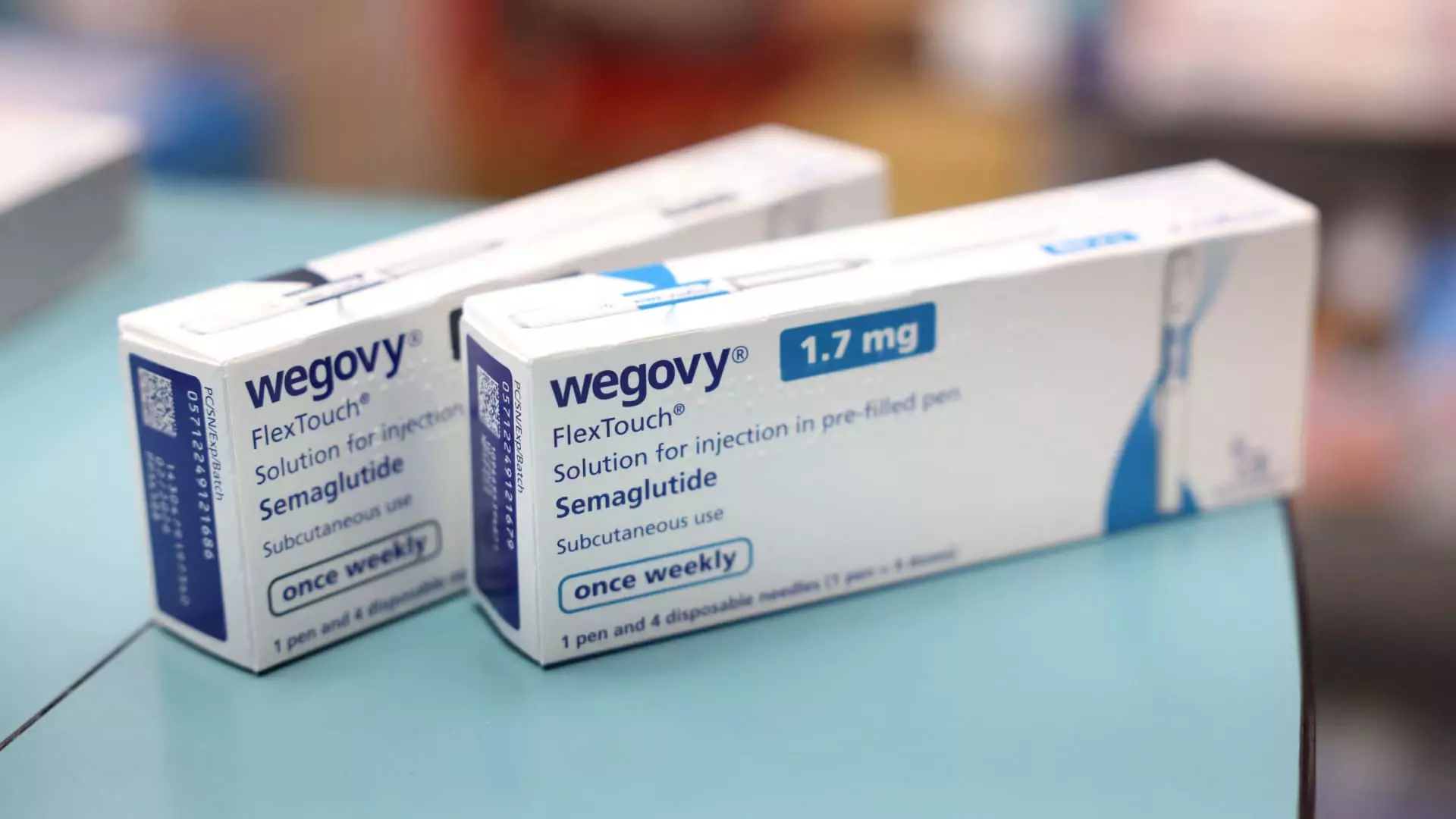An analysis from the health policy research organization KFF has found that more than 3 million people with Medicare could potentially be eligible for coverage of Wegovy now that the weight loss drug has been approved for heart health in the U.S. However, despite this eligibility, certain beneficiaries may still face out-of-pocket costs for this popular but expensive drug. Additionally, there are concerns that some Medicare prescription drug plans may delay coverage for Wegovy until 2025, adding to the financial strain on Medicare’s budget.
Financial Impact
The potential financial impact of covering Wegovy for Medicare beneficiaries is significant. KFF estimates that Medicare prescription drug plans could spend an additional net $2.8 billion if just 10% of the eligible population uses the drug for a full year. This cost could strain Medicare’s budget, especially if more plans begin covering Wegovy in the coming years. The high monthly price tag of $1,300 for Wegovy means that even with coverage, some beneficiaries could still face monthly out-of-pocket costs ranging from $325 to $430.
While Medicare Part D plans can now cover Wegovy for patients who are obese or overweight with a history of heart disease, there are still restrictions in place. Currently, Part D plans cannot cover GLP-1 drugs like Wegovy for weight loss alone. This limitation could affect Medicare beneficiaries who are prescribed Wegovy for its heart health benefits but may also want to use it for weight loss. Moreover, some Part D plans may implement cost-control measures such as “step therapy” requirements, which could further limit access to Wegovy for eligible beneficiaries.
Although some Part D plans have announced that they will begin covering Wegovy this year, the overall coverage landscape remains uncertain. Many plans may be hesitant to expand coverage immediately due to the inability to adjust premiums mid-year to accommodate the higher costs associated with the drug. This delay in coverage expansion could mean that broader access to Wegovy for Medicare beneficiaries may not occur until 2025. Additionally, the presence of requirements like step therapy could further complicate access to Wegovy for those who could benefit from the drug.
The potential challenges faced by Medicare beneficiaries in accessing Wegovy underscore the complexities of providing coverage for innovative but costly treatments. While expanding coverage for drugs like Wegovy could improve health outcomes for eligible beneficiaries, the financial burden and implementation hurdles could hinder access for those who need it most. Addressing these challenges will be crucial in ensuring that Medicare beneficiaries can access and benefit from new treatments like Wegovy while also maintaining financial stability for the program overall.


Leave a Reply